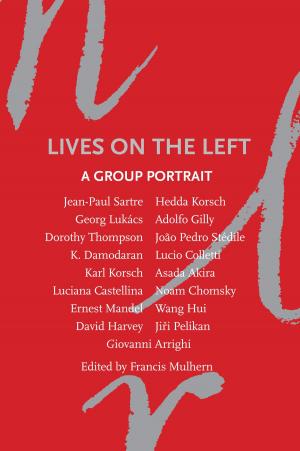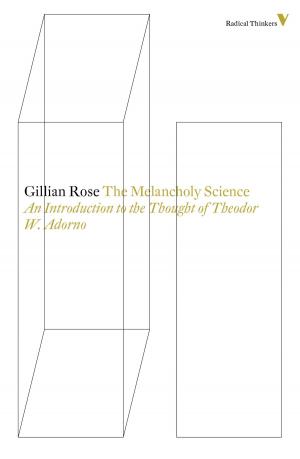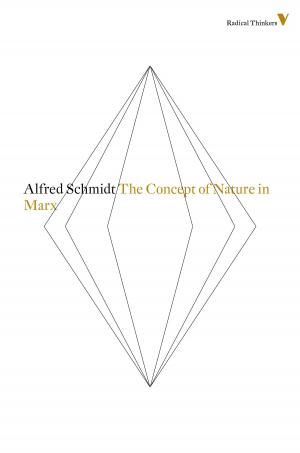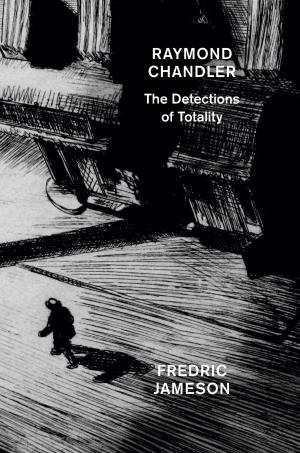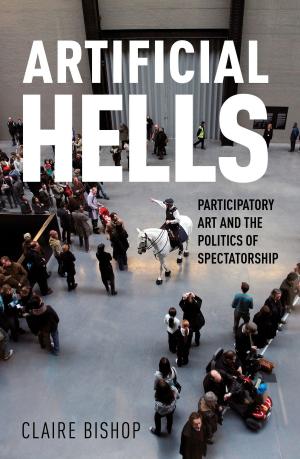The Hegel Variations
On the Phenomenology of Spirit
Nonfiction, Religion & Spirituality, Philosophy, Phenomenology, History, Criticism, & Surveys, Political| Author: | Fredric Jameson | ISBN: | 9781844678150 |
| Publisher: | Verso Books | Publication: | April 8, 2014 |
| Imprint: | Verso | Language: | English |
| Author: | Fredric Jameson |
| ISBN: | 9781844678150 |
| Publisher: | Verso Books |
| Publication: | April 8, 2014 |
| Imprint: | Verso |
| Language: | English |
Master philosopher and cultural theorist tackles the founder of modern dialectics
In this major new study, the philosopher and cultural theorist Fredric Jameson offers a new reading of Hegel’s foundational text Phenomenology of Spirit.
In contrast to those who see the Phenomenology as a closed system ending with Absolute Spirit, Jameson’s reading presents an open work in which Hegel has not yet reconstituted himself in terms of a systematic philosophy (Hegelianism) and in which the moments of the dialectic and its levels have not yet been formalized. Hegel’s text executes a dazzling variety of changes on conceptual relationships, in terms with are never allowed to freeze over and become reified in purely philosophical named concepts. The ending, on the aftermath of the French Revolution, is interpreted by Jameson, contra Fukuyama’s “end of history,” as a provisional stalemate between the political and the social, which is here extrapolated to our own time.
Master philosopher and cultural theorist tackles the founder of modern dialectics
In this major new study, the philosopher and cultural theorist Fredric Jameson offers a new reading of Hegel’s foundational text Phenomenology of Spirit.
In contrast to those who see the Phenomenology as a closed system ending with Absolute Spirit, Jameson’s reading presents an open work in which Hegel has not yet reconstituted himself in terms of a systematic philosophy (Hegelianism) and in which the moments of the dialectic and its levels have not yet been formalized. Hegel’s text executes a dazzling variety of changes on conceptual relationships, in terms with are never allowed to freeze over and become reified in purely philosophical named concepts. The ending, on the aftermath of the French Revolution, is interpreted by Jameson, contra Fukuyama’s “end of history,” as a provisional stalemate between the political and the social, which is here extrapolated to our own time.


